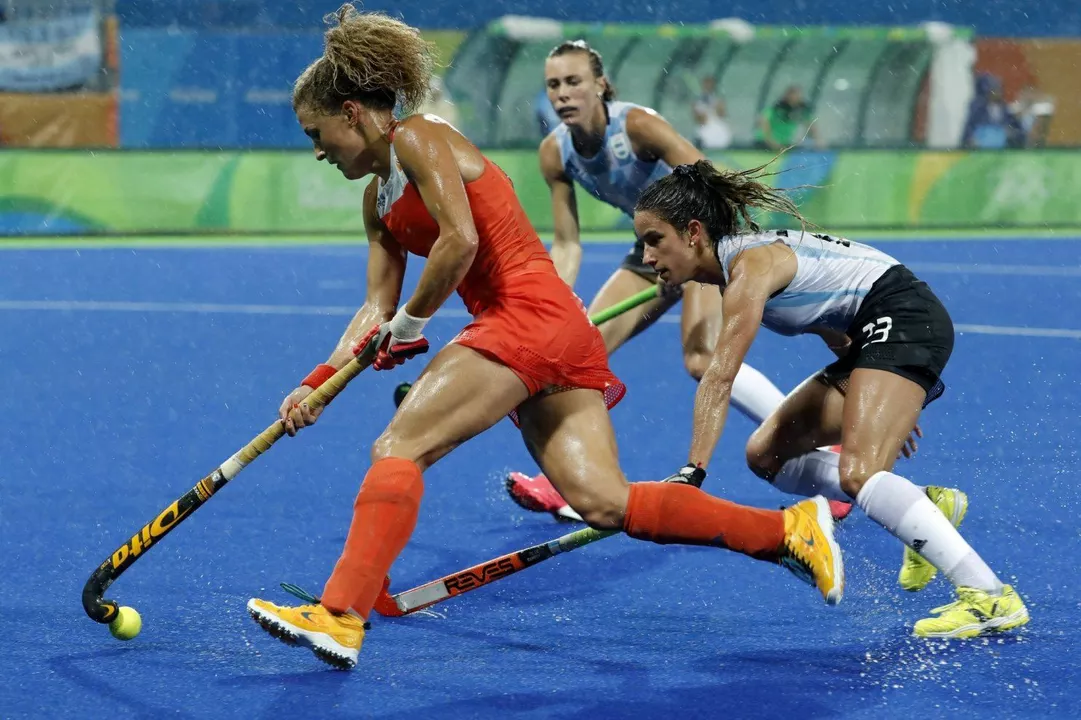Olympics: Ice Hockey Highlights, History & How to Follow the Games
If you love hockey and the Olympics, you’re in the right spot. The Winter Games bring together the best players from around the world, and the action is fast, fierce, and fun to watch. Below you’ll find the basics of Olympic ice hockey, a quick look at its history, and practical ways to catch every game, whether you’re at home in Western Maine or on the go.
What makes Olympic hockey special?
Unlike the NHL, Olympic teams are made up of players representing their countries. That means you’ll see teammates become rivals and rivalries turn into friendships. The tournament runs in a knockout format, so each game feels like a final. The gold‑medal match often decides the bragging rights for the whole continent, and the underdog stories are unforgettable.
Because the Olympics happen every four years, the roster changes a lot. Some stars who dominate the NHL never get a chance to play for their country if their league doesn’t release them. That’s why the Olympic roster can be a surprise mix of veterans, young talent, and even players from European leagues.
Quick history of Olympic ice hockey
The first Olympic ice hockey tournament was in 1920 at the Summer Games in Antwerp. Canada won the gold, and the sport quickly became a Winter Games staple. The Soviet Union entered in 1956 and started a decades‑long rivalry with Canada and the United States. The "Miracle on Ice" in 1980, when a young US team beat the Soviets, is still one of the most talked‑about moments in sports history.
Since NHL players were allowed to join in 1998, the level of play has jumped. The United States, Canada, Russia, Sweden, and Finland dominate the medal count, but countries like Germany and Czech Republic have taken surprise podium spots.
If you’re wondering why the Olympics matter to Western Maine fans, it’s simple: many of the players grew up on the same rinks you know. Watching a hometown kid lift an Olympic medal is a proud moment for the whole community.
So how can you stay on top of the action?
1. Follow the schedule. The Olympic hockey schedule is released a few months before the Games. Mark the dates for the group stage, quarter‑finals, and medal games. Most games are in the early evening Eastern Time, which fits well for Maine viewers.
2. Choose a streaming service. In the U.S., the official broadcaster usually offers a live stream via its website or app. If you have a cable subscription, you can also watch on TV. Make sure your internet can handle a high‑definition stream to avoid buffering.
3. Join the conversation. Western Maine Hockey Hub runs live chats during big matches. Jump in, share your thoughts, and hear what other fans think about the plays. It’s a great way to feel part of the community even if you’re watching alone.
4. Support local events. Around the Olympics, many local rinks host watch parties or mini‑tournaments. Check the hub’s events calendar for any gatherings near you.
Finally, keep an eye on the medal ceremony. The national anthems, the flag‑raising, and the athletes’ reactions are the moments that stay with you long after the final whistle.
Olympic ice hockey offers fast‑paced drama, national pride, and stories that inspire. Whether you’re a die‑hard fan or just curious, the tips above will help you catch every highlight and join the excitement. Grab a snack, settle in, and enjoy the ride—because there’s nothing quite like a gold‑medal showdown on the ice.

Has any hockey fight occurred in the Olympics?
During my research on hockey fights in the Olympics, I discovered that although hockey is a rough and intense sport, actual fights are quite rare in Olympic history. Strict rules and the prestigious nature of the event discourage players from engaging in physical altercations. In fact, fighting during an Olympic match could result in major penalties and potential disqualification. However, there have been a few notable incidents, such as the heated 1960 USA vs. USSR match, where tensions led to some aggressive exchanges. Overall, while hockey fights might be common in other leagues, they are a rarity at the Olympic level.
View More